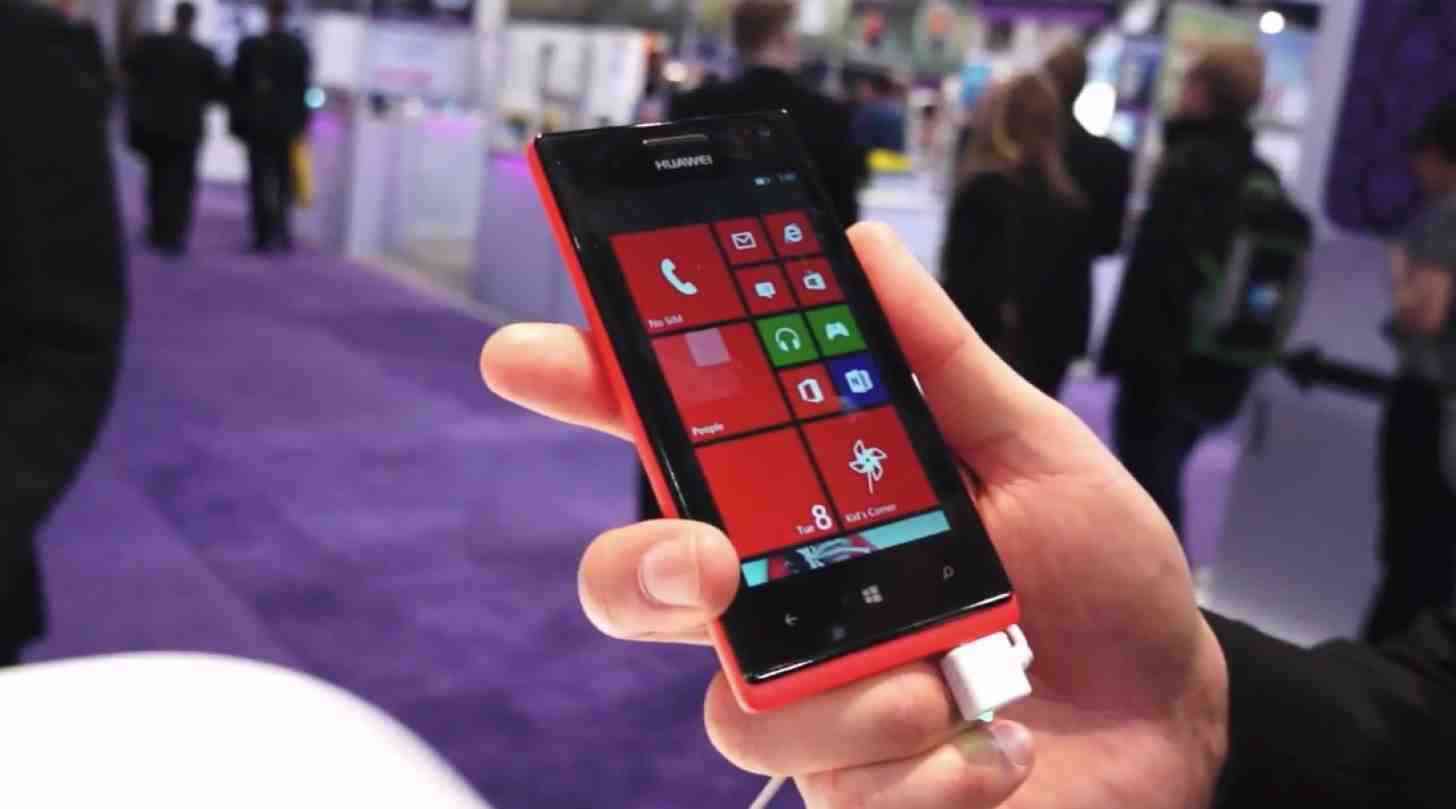
Slow and steady wins the race. I remember that being the mentality for Microsoft some years ago. The company based in Washington state has always been one to do what they want, and at their own speed. But that outlook has changed quite a bit recently, and it’s been a sweeping alteration across several different divisions within House M.
For those who play video games and pay attention to that sort of thing, Microsoft’s alterations of its plans for the Xbox One, and even after its launch, were pretty stunning when the company behind the changes is considered. Everything about the Xbox One changed leading up to its launch. Afterwards, the Kinect, an important peripheral for Microsoft and one of the staples of the home console, even got the boot.
Microsoft bent to the will of the people that were making the most noise on the internet.
They’ve been bending in large and small ways ever since the launch of Windows 8, too. Since the launch of the desktop operating system, Microsoft has begun implementing changes to make it more like the systems it had replaced. Eventually, when Windows 10 lands on the market in 2015, it’s going to look and feel like some crazy amalgamation of Windows 8 and Windows 7/[insert other OS version here].
The argument for Windows, though, is that Windows 8 should have been what Microsoft is calling Windows 10 right from the beginning. Of course, Microsoft would not have been able to figure out what people actually wanted, or put better, not wanted, until they released Windows 8.
So while Microsoft is adapting to what people want with Windows 10 and the Xbox One, Windows Phone still seems to be on the back burner. Just idling there, waiting to get the attention it so rightly deserves. And it certainly does deserve it. Windows Phone is great. But I think the bandwagon for Microsoft’s mobile operating system has been effectively abandoned at this point.
Not that Huawei has ever been a major proponent for Windows Phone in the past, the company’s remarks towards Microsoft’s mobile platform are pretty harsh, and telling. The fact that Huawei didn’t make any money from Windows Phone, and the statement actually extends to all companies out there who gave WP a shot, is pretty powerful. I think this easily the biggest reason why Windows Phone-based handsets are so few and far between. There just doesn’t seem to be a point to launch them.
So my question at this point is whether or not you’ve tried Windows Phone at all. If you gave it a real shot, for however long that might have been, and then ended up ditching the platform, I want to hear from you. I want to hear why you lost interest, or why the platform didn’t work for you. So, let me know.